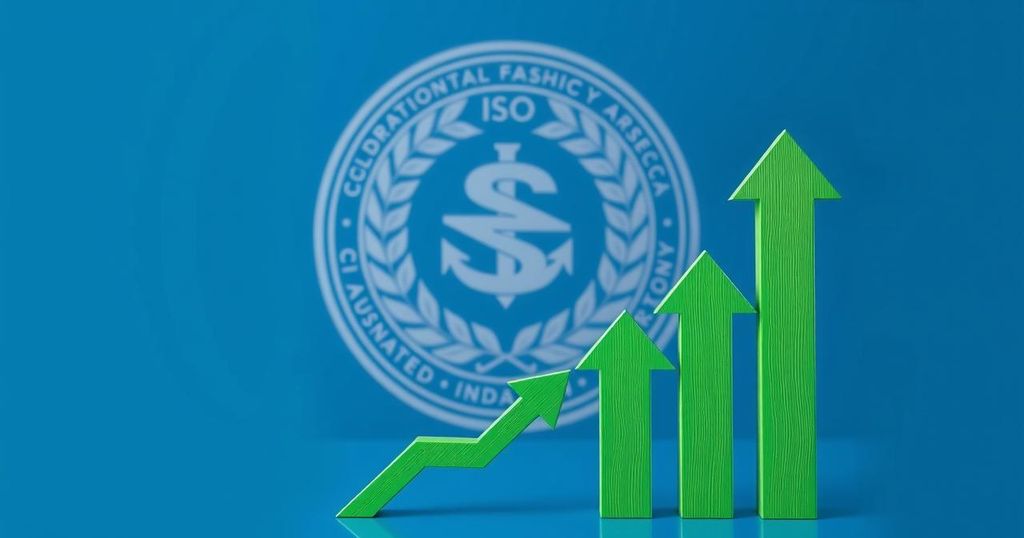Argentina’s Congress has authorized President Javier Milei to negotiate a new IMF loan, aiming to bolster foreign currency reserves and address debt. This follows the larger context of Argentina’s financial struggles, with Milei’s austerity measures leading to mixed outcomes, including inflation reduction but increased poverty. The approval reflects Milei’s efforts to navigate legislative challenges in a minority setting amidst public protests.
Argentina’s Congress has granted President Javier Milei authorization to negotiate a new loan agreement with the International Monetary Fund (IMF), adding to the $44 billion already owed to the lender. The decision came after Milei proposed a 10-year loan aimed at enhancing the central bank’s foreign currency reserves and addressing upcoming debt obligations. Although the exact amount of the prospective loan remains unspecified, this marks another significant step in Argentina’s ongoing financial restructuring efforts.
According to a 2021 law, the president must seek Congressional approval for IMF funds, which Milei successfully achieved with a vote of 129 in favor, 108 against, and six abstentions in the Chamber of Deputies. Despite being in the minority in Congress, Milei has sought to build coalitions to advance his economic reforms, particularly those focused on fiscal austerity. The vote was complicated by public protests against his austerity measures and IMF negotiations, although the demonstrators were less violent compared to previous incidents.
Milei argues that the new IMF loan will enable the government to settle debt with the central bank and combat persistent inflation, a longstanding issue for Argentina. While inflation has historically plagued the nation, there has been a notable improvement since Milei took office, with rates dropping from 211 percent at the end of 2023 to approximately 66 percent currently. However, this reduction has coincided with increased poverty levels as public spending cuts were implemented.
Discussions with the IMF commenced in November regarding a new “extended fund facility” (EFF) aimed at refinancing existing debt and superseding the prior agreement initiated in 2022. The EFF is essential for managing Argentina’s substantial debt, notably the $44 billion agreement secured during President Mauricio Macri’s administration, which remains the largest loan ever granted by the IMF.
In conclusion, President Javier Milei’s administration has secured Congressional approval to pursue additional funding from the IMF, reflecting ongoing efforts to stabilize Argentina’s economy amidst significant challenges such as high inflation and mounting debt. The circumstances surrounding this vote, including public dissent, underscore the complexities of implementing austerity measures while addressing economic recovery. As discussions with the IMF advance, the administration’s ability to manage these financial obligations will be crucial for Argentina’s economic future.
Original Source: www.rfi.fr






